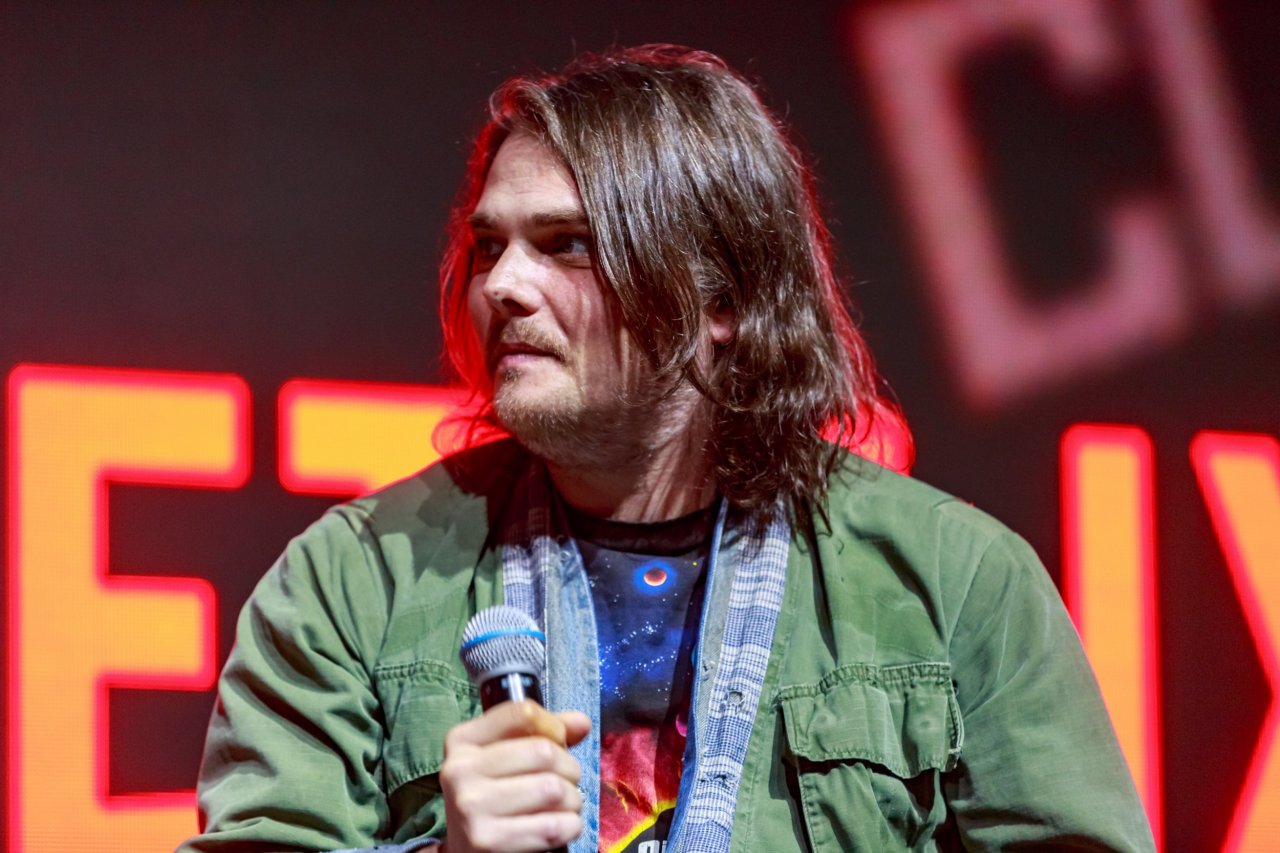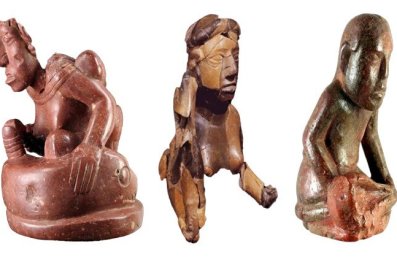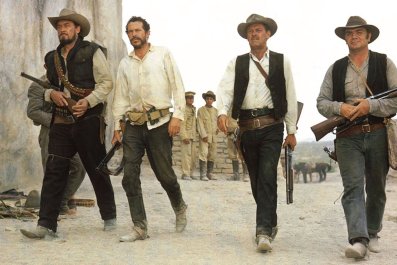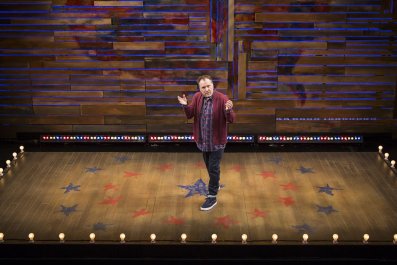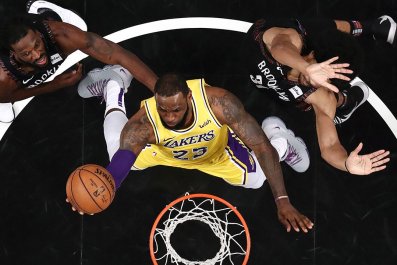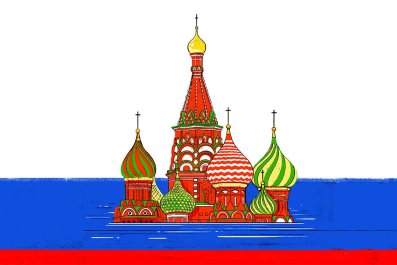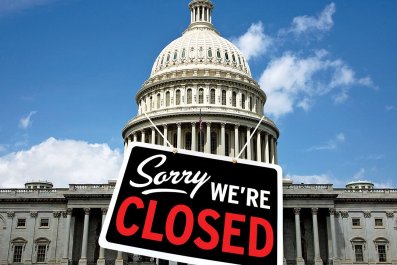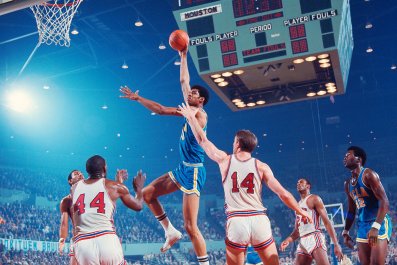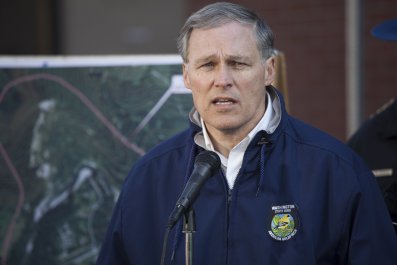It's been nearly two decades since the soft-spoken Way started the platinum-selling emo band My Chemical Romance. In that time, he has evolved from a sweaty, intoxicated 20-something to a sober, costumed arena rocker to a semi-reclusive comic book writer.
Through it all, he has remained obsessed with end-of-world scenarios, though his meditations these days are more introspective than performative. Way's award-winning Umbrella Academy comic (with illustrations by Gabriel Bá), about a dysfunctional family of superheroes circa 1977, is in its third series, with a fourth in development. On February 15, Netflix released an equally acclaimed adaptation, with 10 episodes starring Ellen Page, Mary J. Blige and Tom Hopper.
Way, credited as an executive producer on the show, gave notes on scripts but kept his participation off-camera. "I was overloaded from years of interviews, music videos, being onstage—I kind of got tired of myself," he tells Newsweek. "I also realized I had a lot to learn. I had a lot of listening to do."
The show centers around the end of the world, and that's a theme that runs through your music as well, why do you keep returning to these end of world scenarios?
One of the biggest reasons I started My Chemical Romance was because I was one of the people to witness 9/11 in New York City. That felt like the end of the world. It felt like the apocalypse. I was surrounded by hundreds of people on a dock on the Hudson River, and we watched the buildings go down, and there was this wave of human anguish that I've never felt before. Since then, I've continued to think about what we would do at the end of the world if we knew we only had a little time left.
Someone actually pointed out to me that the music video for "Black Parade" also looked a bit like the aftermath of 9/11, and it came out just a day or two after the anniversary.
Was The Umbrella Academy your way of reinventing the superhero comic?
The myth, yeah. I wanted to throw people in the deep end, to skip past the setup and origin stories—you're just in it. What is it to actually be a superhero? What is it to be part of this family, to be gifted or to be ordinary? I think it's for people who are bored of superheroes or have no interest in them.
You opted not to have a role in the Umbrella Academy, are you shying away from the spotlight?
Yeah, it's a big change. I was overloaded from years of on-camera interviews and being on stage and music videos. I kind of got tired of myself. There was just too much me happening, you know? So I withdrew a good deal. I also realized I had a lot to learn, I had a lot of listening to do.
Do you think the ability to set yourself aside has something to do with the confidence you've gained from having a long, successful career?
I know myself pretty well, and I'm just extremely grateful for the life I have. There's not a day that goes by where I don't wake up and I'm not thankful to the universe.
All of the characters in Umbrella Academy seem to struggle with "adulting" but it seems like you've figured it out…
I feel like in some ways I have figured it out. When I write Umbrella Academy now, there's a bit more wisdom that comes with it, but there's also the humility of knowing what I don't know. I think admitting to yourself that you don't have it all figured out is a good first step to figuring it out.



